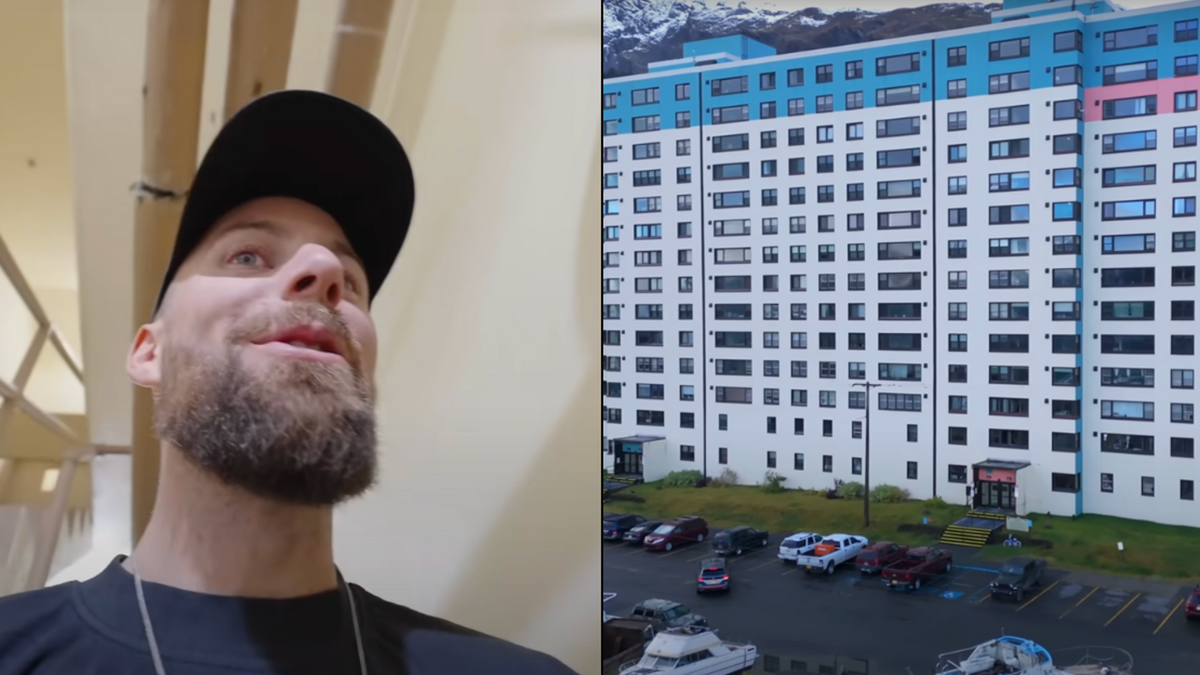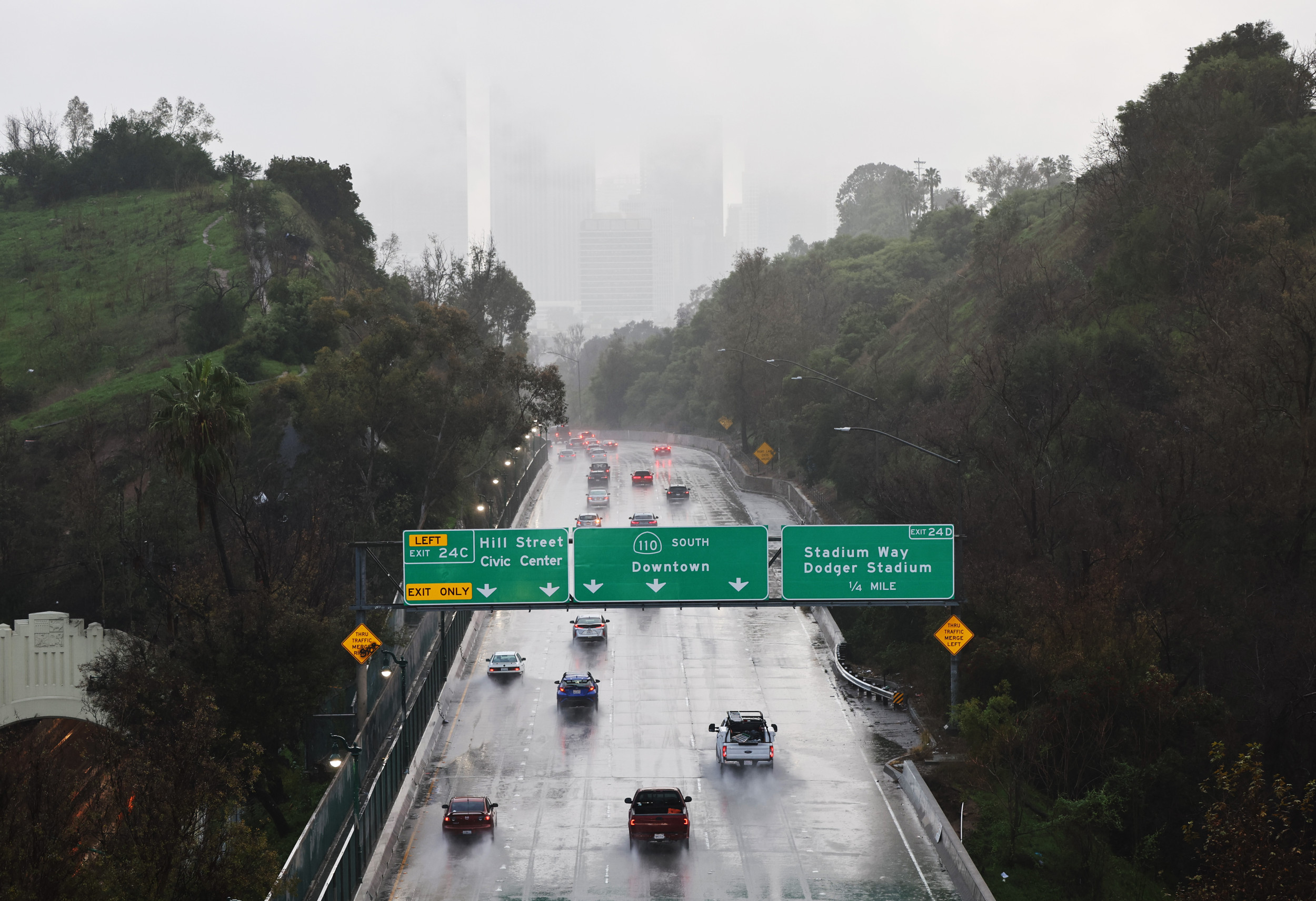What's New
California's sanctuary city policy is facing a major roadblock as San Diego's sheriff, Kelly Martinez, says she will continue to notify U.S. Immigration and Customs Enforcement officials when people not authorized to be in the country are released from county jails.
Martinez made the remark during a statement to the Los Angeles Times on Wednesday.
It comes as the San Diego County Board of Supervisors adopted a new policy designed to stop jails from working with ICE officials.
The resolution says the county will not provide assistance or cooperation to ICE, "including by giving ICE agents access to individuals or allowing them to use County facilities for investigative interviews or other purposes, expending County time or resources responding to ICE inquiries or communicating with ICE regarding individuals' incarceration status or release dates, or otherwise participating in any civil immigration enforcement activities."
"The sheriff's office will not change its practices based on the board resolution and policy that was passed at today's meeting," Sheriff Kelly Martinez's office said in a statement after the resolution passed. "The board of supervisors does not set policy for the sheriff's office. The sheriff, as an independently elected official, sets the policy for the sheriff's office. The sheriff has the sole and exclusive authority to operate county jails."

Martinez's office added that they "do not plan to seek legal action against the County regarding the Board's policy."
When ICE identifies suspected undocumented immigrants in local or state custody, it typically files a detainer with law enforcement. This request often asks the agency to notify ICE before the individual's release and, in some cases, to hold them until ICE can assume custody.
However, because California is a sanctuary state for undocumented immigrants, the state has opted not to work with deferal immigration officials.
The policy is similar to measures adopted by Alameda, Contra Costa, Humboldt, Los Angeles, Santa Clara, San Francisco, San Joaquin and San Mateo counties.
Why It Matters
The row between the Sheriff's Office and he San Diego County Board of Supervisors could be a preview of local immigration politics after Trump retakes office in January.
Trump has pledged to hold the largest mass deportation in history. He made similar promises when he ran for the presidency in 2016, but during his administration, deportations never topped 350,000. For comparison, then-President Barack Obama carried out 432,000 deportations in 2013, the highest annual total since records began.
Trump has also said he will use the National Guard to round up migrants and invoke the Alien Enemies Act, a 1798 law that allows the president to deport any noncitizen from a country the U.S. is at war with.
The president-elect's agenda could threaten sanctuary cities, municipalities that have adopted policies limiting cooperation with federal immigration enforcement, particularly U.S. Immigration and Customs Enforcement (ICE).
What to Know
Some believe Martinez's decision violates state law. Under state Senate Bill 54, also known as the California Values Act, law enforcement in the state is not allowed to use money or personnel to "detain, detect, or arrest persons for immigration enforcement purposes." Sheriffs and police departments also have the discretion to cooperate with immigration officials if an individual in custody, suspected of being in the country illegally, has been convicted of a serious felony, such as assault, battery, child abuse, sexual abuse, or similar crimes, but only if such cooperation does not violate federal, state, or local laws or policies.
On Thursday, the San Diego Immigrant Rights Consortium sent a letter to Martinez saying that if the sheriff ignores the new county policy, she would be in violation of SB 54.
"We hope that your statement was a mere misunderstanding on your part of the full scope of the California Values Act, and not a flagrant disregard for state law," the letter reads. "To fully follow SB 54 and state law, you must now comply with Board Policy L-02, and we urge you to do so immediately."
Martinez argues that the Board of Supervisors can't set policy for the Sheriff's Office.
What People Are Saying
Ian Seruelo, chair of the San Diego Immigrant Rights Consortium, which worked with county officials to draft the policy, told the Los Angeles Times: "We hope that [Martinez] will reconsider and possibly consult with a legal team."
Seruelo added that the latest policy was not drafted in response to Trump's election, but that the possibility of increased deportations under a second Trump presidency made it more urgent.
"On Jan. 20 of next year, we'll be faced with an administration that has promised to do mass deportations," he said. "We know that it's going to be harsh."
Meanwhile, County Supervisor Jim Desmond, who cast the only dissenting vote when the board approved the policy told the Los Angeles Times he approved of the sheriff's opposition and criticized the vote's timing.
"We could have done this months ago ... but it came after the election," he said.
He also said that the new policy would make immigrant communities unsafe by preventing the deportation of people convicted of serious crimes.
"A lot of people that are already living in the immigrant communities don't want these people to come back," he said.
Studies have shown that fear of deportation and heightened collaboration between local law enforcement and immigration officials can discourage individuals from reporting crimes.
"Heightened immigration enforcement has the potential to reduce crime through the deportation and deterrence of immigrant offenders, but crime could increase if heightened enforcement degrades trust in law enforcement," the Cato Institute, a public policy research organization, reported in July.
What Happens Next
It isn't clear how the sheriff and county officials plan to go forward. Sanctuary cities that do not follow Trump's agenda could possibly face legal challenges when he takes office.




















 English (US) ·
English (US) ·